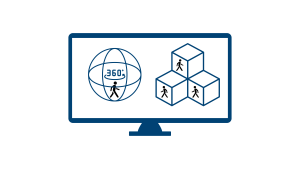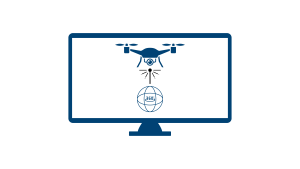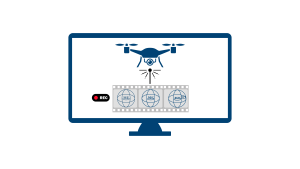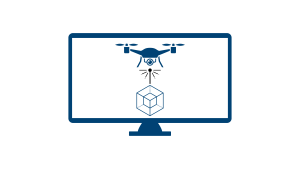Virtual Tours

Digital Marketing
Virtual Tours enhance digital marketing efforts by providing an engaging and interactive way for customers to explore a retail store. They allow potential buyers to virtually walk through the store, browse products, and experience the ambiance, which can significantly increase brand awareness and customer interest.

Immersive Meetings
Retailers can use Virtual Tours for immersive meetings with stakeholders, such as suppliers or marketing teams. By virtually showcasing store layouts and product displays, teams can collaboratively discuss strategies and improvements in a more interactive manner, enhancing communication and decision-making processes.

Immersive Training
Virtual Tours serve as effective training tools for retail staff. New employees can familiarize themselves with store layouts, product placements, and customer service protocols through virtual experiences, ensuring consistent training and reducing the need for in-person onboarding sessions.

Construction Process Management
For retailers involved in new store openings or renovations, Virtual Tours can be used to monitor construction progress. Stakeholders can virtually inspect sites, ensuring that work aligns with design specifications and timelines, thus improving project management and reducing delays.

Facility Maintenance Management
Virtual Tours can assist in facility maintenance by allowing managers to virtually inspect store conditions and equipment. This enables proactive maintenance planning and quick identification of issues without the need for physical inspections, improving operational efficiency.

IoT Systems Monitoring and Control
Integrating Virtual Tours with IoT systems can enhance monitoring of retail environments. Managers can use virtual tours to visualize system statuses, such as lighting and HVAC, making it easier to manage energy use and maintain customer comfort.
Augmented Reality (AR)

3D Objects in AR
AR enables retailers to virtually stage products in a realistic setting, allowing customers to visualize how items will look in their own spaces. This can enhance the shopping experience and lead to more informed purchasing decisions, particularly in sectors like furniture and home décor.

AR Info Points
Retailers can use AR to display interactive AR Information Points within stores, allowing customers to use their smartphones to access details such as product specifications, pricing, and promotions, enhancing engagement and providing valuable information at their fingertips

AR Navigation
AR Navigation tools can guide customers through retail spaces, helping them locate products and navigate store layouts. This technology improves the shopping experience, especially in larger stores, by making it easier for customers to find what they need.
Drone Imaging

360 Aerial Imaging
Drones can capture stunning 360-degree Aerial Images of retail locations, providing a unique perspective that can be used in marketing materials. These images can attract potential customers by showcasing the store’s layout and its surrounding environment.

360 Aerial Videos
Drone-captured 360 Aerial Videos offer an immersive way to showcase retail stores and their offerings. These videos can be used on websites and social media to engage customers and provide a dynamic view of the shopping experience

3D Modelling
Drones can create detailed 3D models of retail properties, which can be used for planning and marketing purposes. These models help visualize store layouts and can be valuable for analysing customer flow and optimizing product placement.
Artificial Intelligence
AI Avatar Chatbots
AI-powered chatbots can assist customers 24/7, answering questions and guiding them through the shopping process. This enhances customer service and can lead to increased sales conversion rates by providing immediate support

Data Analysis and Forecasting
AI can analyse customer behaviour, sales data, and market trends to provide insights that help retailers make informed decisions. This data-driven approach allows for better inventory management, targeted marketing strategies, and improved customer engagement

Optimization
AI can streamline various retail processes, such as supply chain management and customer relationship management. By automating tasks and optimizing workflows, retailers can improve efficiency, reduce costs, and enhance the overall shopping experience for customers
